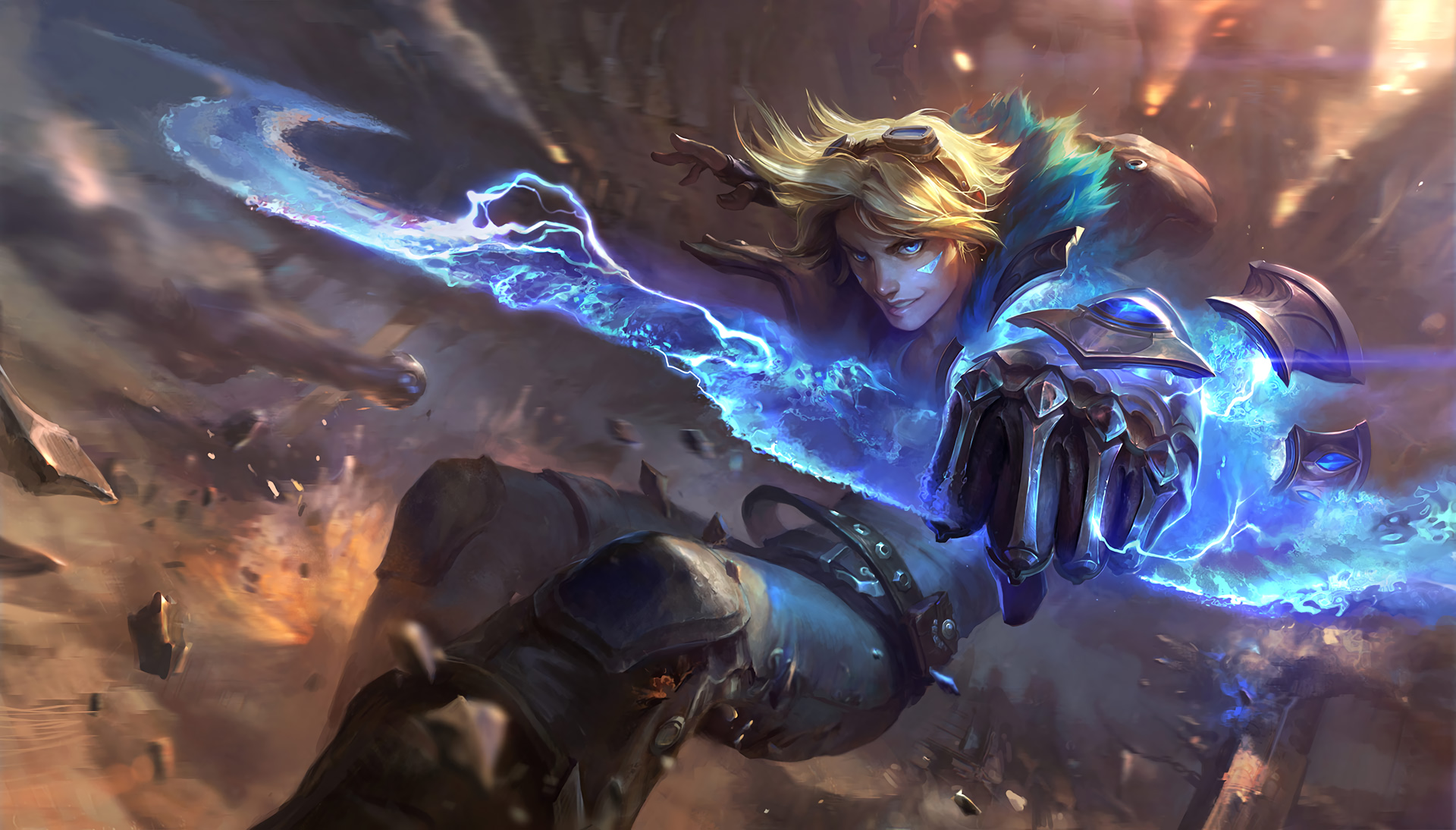There are a lot of parallels to be drawn between esports and sports, but is the former part of the latter or a separate thing altogether?
We can’t decide whether they’re sports or not without a clear definition of sports, so let’s come up with one that we can work with.
After perusing several dictionaries, it appears that sports are almost always defined as competitive physical activities or games that require physical exertion for the entertainment of spectators.
Three criteria kept coming up so let’s see if esports meet these criteria or whether we have to define them as something else.
Physical Exertion
I couldn’t find a definition for “sport” that didn’t reference some type of physical exertion. However, as you burn calories in your sleep, we should probably define a threshold for how much physical exertion constitutes a sport.
Since a casual stroll at 3.5 mph (5.6km/h) burns an estimated 280 calories per hour and golf (the least intense sport I could find) burns 330, let’s set the bar for calories burned at 300 calories per hour as almost every sport you can think of meets this threshold.
With an estimated 72 calories burned per hour, playing a game while sitting doesn’t come anywhere near this threshold. But that doesn’t mean that all games are devoid of physical exertion. Games with a physical component like Wii Fit, Zumba Fitness Rush, and Dance Dance Revolution are easily twice as demanding as any typical game played whilst sitting.
Similarly, when played at a higher level, some games become physically intensive. You need to call upon your physical capabilities to give you an edge in the competition. Sadly, I couldn’t find any studies that show how much the top players exert themselves in games that don’t include much physicality.
It’s not a dealbreaker, but I feel that we have to drop the idea that all esports are automatically sports but there are some games and esports that meet this criterion.
Skill
In sports, a skill can be either physical or technical. Competitors need to be better than their opponent – this can be in something as simple as a physical test of strength or something far more technically demanding. The balance between the two shifts from sport to sport but, in almost every example, competitors have to be good at something to prove they’re better at it than their opponent.
This is the criteria that I believe every esport can meet. Games played at the highest level require an incredible amount of skill. Whether it’s a profound knowledge of the game and its mechanics or the dexterity to execute special moves in a fighting game, if skill wasn’t a part of esports, everyone would be at the highest level and there’d be no way to differentiate the very best competitors.
When it comes to skill, esports have it in spades.
Competition
To be a sport, there needs to be competition. Without competition, a race becomes a jog, a fight becomes sparring, and a match becomes a training session.
When you remove competition from games (assuming it was there in the first place), you end up with what many of us would call a casual experience and, while this can be just as enjoyable as a competitive experience, I doubt anyone is arguing that messing around in Minecraft’s creative mode is a sport.
Esports, like almost every game, can meet the requirement for competition. After all, as humans, we seem to be incredibly good at turning things into competitions. I know a few of you will already be thinking of ways to make a competition out of the aforementioned creative mode.
Do we need to classify esports as sports?
According to the criteria we outlined for sports, I’d have to say that some esports are sports and some aren’t. Not every esport is automatically a sport, but there’s a strong argument for every physically-intensive esport to be classified as both a sport and an esport.
I think it’d be more interesting to consider whether we should even be trying to classify esports as sports. Both are skill-based competitions and keeping them separate will allow esports to grow outside the already-crowded world of sports.
I imagine the word “esports” was probably only chosen because it’s easier to sell the idea to investors and potential spectators and it’s catchier than something like “competitive gaming” – it’s a far more “mainstream” term. If we’d gone with another term, I feel the argument would come up far less often.
If we move beyond the shared etymology designed to highlight the similarities rather than celebrate the differences, I don’t think it’s worthwhile pushing for esports to be uttered in the same breath as sports.
In the long run, this classification could limit the potential of esports by considering them as a sub-classification of sports rather than something that can grow freely on its own. Esports haven’t even been around for half a century but some have already overtaken some sports in popularity that have existed for centuries.
Let’s celebrate esports for what they are; esports!
Do you reckon we should keep trying to classify esports as sports or just let them be their own thing?
Let us know in the comments.
For more on esports, check out this podcast episode.




